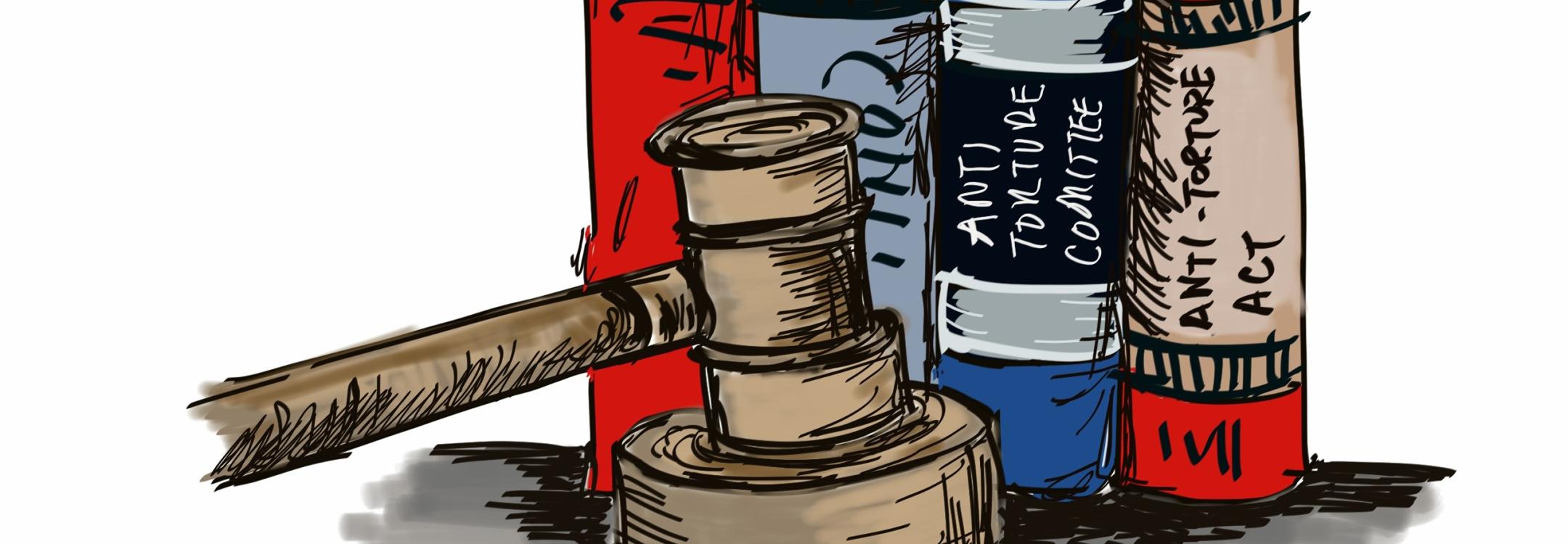
In early April, APT conducted an advocacy mission in Indonesia to mobilise political support around ratification of the Optional Protocol to the UN Convention against torture (OPCAT) and strengthen OPCAT understanding among national actors. While all actors agreed to revive OPCAT ratification on the country’s agenda, advocacy efforts require more coordinated actions.
The mission aimed to increase momentum and support for OPCAT ratification and implementation in Indonesia by mobilising national actors to be part of the advocacy effort. In addition to engaging the Ministry of Law and Human Rights and the five national institutions that could possibly form part of a future National Preventive Mechanism (NPM) – the National Commission for Human Rights (Komnas HAM), the Ombuds institution, the Women’s Commission, the Children’s Commission and the Victim and Witness Protection Agency – the APT also reached out to authorities and parliament representatives in order to raise their awareness of the OPCAT system and build their confidence on the importance of making OPCAT ratification one of the country’s national priorities in 2019-2020.
Practically, together with Komnas HAM, the APT:
- Co-hosted three individual OPCAT awareness sessions for relevant staff members and commissioners of Komnas HAM, of the Women’s Commission and of the Ombuds institution, each of which was attended by around 40 commissioners and staff;
- Organised an OPCAT and NPM meeting for around 25 members of Parliament, of the Ministry of Law and Human Rights, and of representatives from the five national institutions; and
- Held a strategic meeting with Komnas HAM’s new Vice Chair and focal person on OPCAT and NPM issues, Ibu Sandra Moniaga, to discuss future cooperation around OPCAT ratification.
The plan to revive OPCAT ratification on the country’s national agenda was well received by the Ministry of Law and Human Rights, Members of Parliament and the five national institutions. However, such efforts should be done in coordination with other on-going efforts to combat torture in the country, including reforming the law to prohibit torture and building capacity of law enforcement officers. A more cohesive cooperation and coordination among agents of change and torture prevention actors in Indonesia will ensure a stronger agreement on the necessity to ratify OPCAT as part of the country’s action plan to prevent torture.
This view was echoed by the five national institutions that are convinced of the added values of the OPCAT framework and are already building efforts to implement the NPM mandate ahead of ratification, as part of their monitoring strategy. Increased cooperation and dialogue among all partners in prevention increases the potential for OPCAT ratification in the near future. “In the end, we are all here to achieve one common objective, that to put an end to torture and ill-treatment in Indonesia,” reiterated Ibu Sandra Moniagam, the Vice Chairman of KOMNAS HAM.
For more information on our work in Indonesia, please click here.
APT Asia Pacific Programme Officer, Shazeera Zawawi (left) meets with APT's national partner in Indonesia KomnasHAM's Vice-Chair Ibu Sandra and senior staffs, Fathya and Santi.
KomnasHAM staff at the OPCAT awareness session in Jakarta on 3 April 2018. Questions discussed preventive vs. reactive approach, analysing risks of torture and identify ways to build the authorities’s confidence on the added-value of preventive visits.